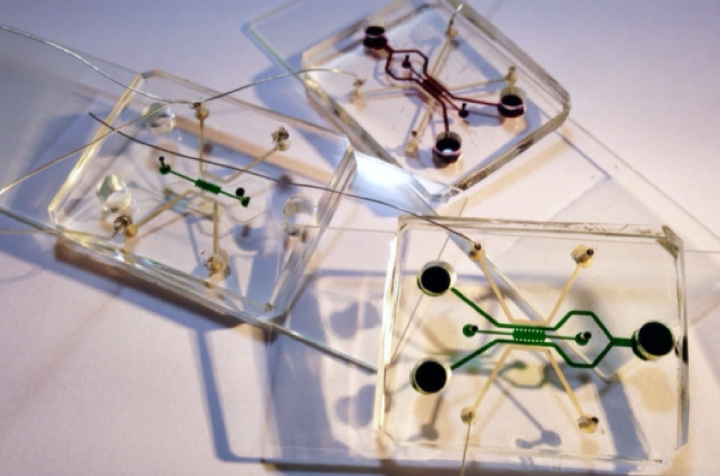
While electric field therapy in and of itself is not a novel concept, its use still ignites some controversy, as scientists are a bit hazy as to how safe the technique is. But the Massachusetts Institute of Technology team hopes that this new device will help shed some much-needed light on the topic. The researchers have already determined that “a range of low-intensity, middle-frequency electric fields effectively stopped breast and lung cancer cells from growing and spreading, while having no adverse effect on neighboring healthy cells.”
The goal, MIT says, is to help scientists determine precisely what range of electric fields would be appropriate to treat breast, lung, and other kinds of cancers, all in a non-invasive way. “We hope this device will increase interest by researchers who are exploring the effect of electric fields on different types of cancer,” said research scientist Andrea Pavesi. “In our study, we noticed the effect was limited to the cancer cell at the tested frequencies and intensities, but we really need to explore other cells and parameters.”
While Pavesi notes that “scientists have been trying to figure out a lot of different recipes to try to stimulate the cell with an electric field,” he adds that the key aim is to adjust the intensity and frequency of the fields to affect only cancer cells, leaving others completely unaffected. If researchers can get a solid handle on this notion, it seems that the possibilities could be very exciting.
Further, when it comes to personalized medicine, research scientist Giulia Adriani notes that the device could test whether a certain recipe, or electric field, works for a specific person. “In three days, you can have an answer,” Adriani said. “And for many cancer patients who are dying of metastasis, time is everything.”
Full results of the study have been published in Scientific Reports.


